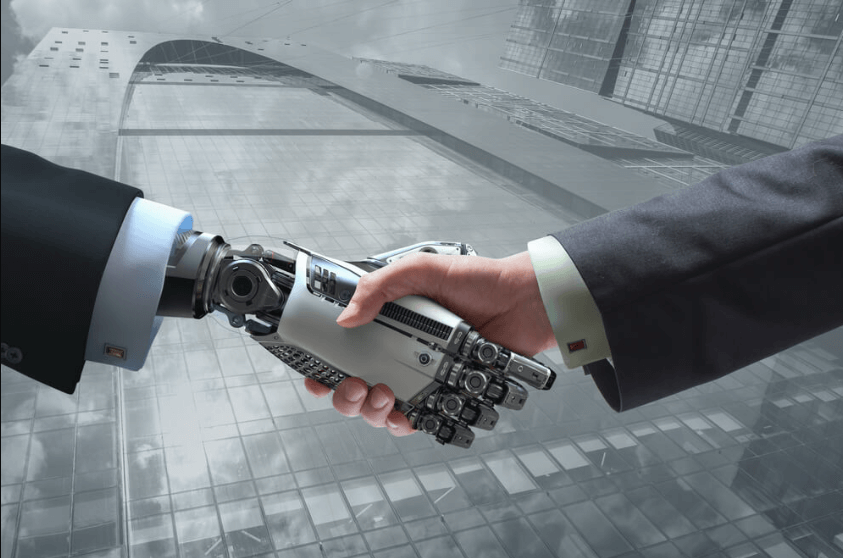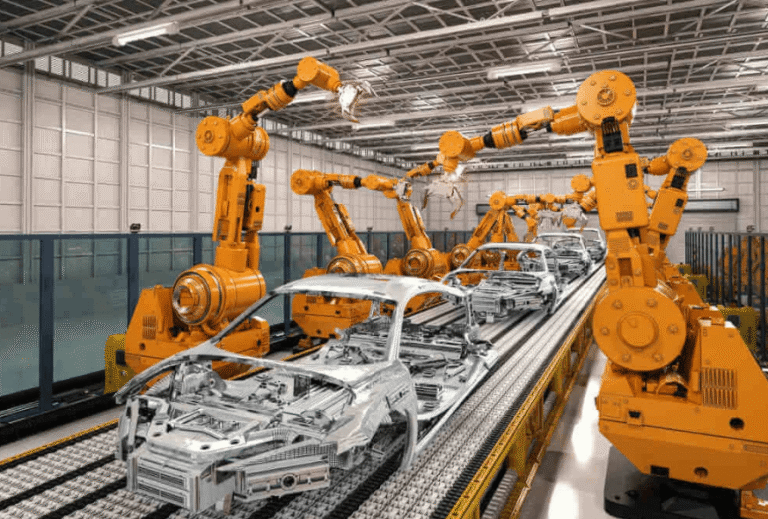Tech giants recognize the critical role of artificial intelligence in achieving a competitive edge. By integrating AI into their operations, these companies can unlock valuable data insights that drive efficiency and innovation. This shift not only enhances customer interactions but also reshapes product development processes. As the landscape evolves rapidly, the implications of AI adoption raise important questions about the future of business and technology. What strategies will emerge as leaders navigate this transformative era?
The Competitive Advantage of AI in Business
In today’s rapidly evolving marketplace, a significant number of businesses are leveraging artificial intelligence (AI) to gain a competitive edge.
By embracing data driven decision making and predictive analytics, organizations can unlock insights that drive strategic initiatives.
This technological shift empowers companies to anticipate market trends, optimize operations, and enhance productivity, ultimately fostering innovation and ensuring their relevance in an increasingly dynamic economic landscape.
See also: Why Smart Homes Are the Future of Comfortable Living
Transforming Customer Experience With AI
Revolutionizing customer experience through artificial intelligence has become a pivotal strategy for businesses aiming to enhance engagement and satisfaction.
By leveraging predictive analytics, companies can anticipate customer needs and preferences, fostering personalized interactions that resonate deeply.
This tailored approach not only improves service quality but also cultivates loyalty, ultimately empowering consumers to feel valued and understood in an increasingly automated world.
Innovations in Product Development Through AI
As businesses increasingly harness artificial intelligence to enhance customer experiences, they simultaneously discover its transformative potential in product development.
AI-driven design leverages predictive analytics to anticipate consumer needs, enabling companies to create products that resonate more deeply with their target audience.
This innovative approach not only accelerates the development process but also ensures that offerings are both relevant and tailored, fostering greater market success.
The Future of Work: AI and Automation
While many industries grapple with the integration of AI and automation, the evolving workplace landscape suggests a profound shift in how tasks are executed and managed.
The rise of a remote workforce offers flexibility, yet also raises concerns about job displacement.
As technology advances, organizations must balance efficiency with employee welfare, ensuring that automation enhances productivity without sacrificing human potential and creativity.
Conclusion
In an era where technology reigns supreme, the irony lies in the fact that as tech giants chase the elusive promise of AI, they may inadvertently become victims of their own creation. While they seek to enhance customer experiences and streamline operations, the very tools designed to grant them unparalleled insight could also lead to unforeseen complexities. Thus, the quest for innovation, driven by AI, may ultimately redefine not just their industries, but the essence of work itself.



